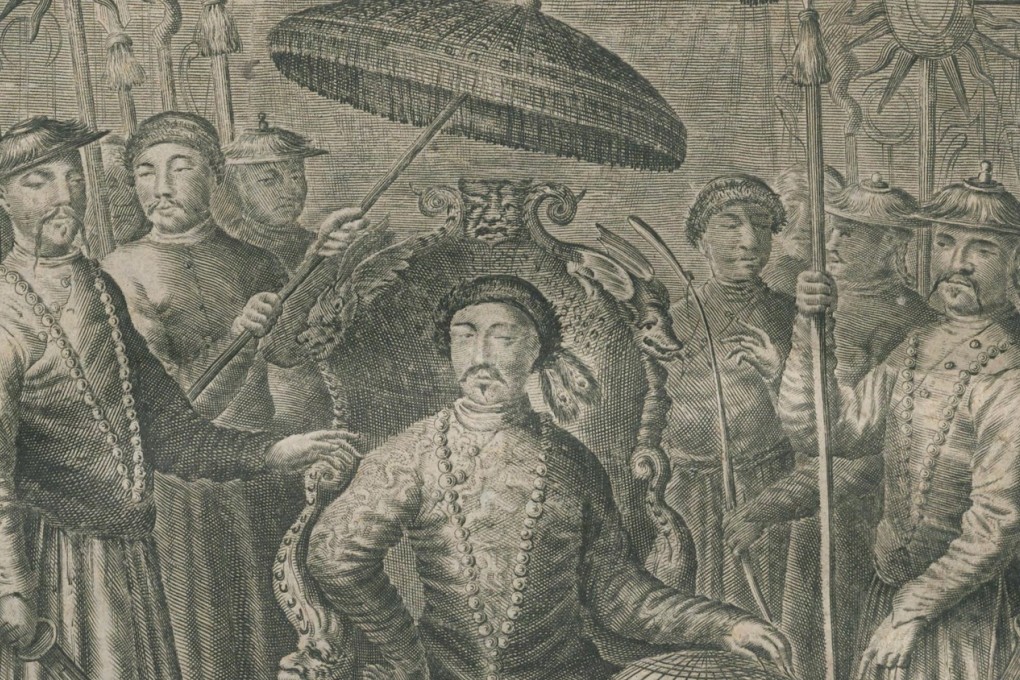On Reflection | US-China trade talks: has Beijing been playing an ancient game?
- For centuries, Westerners with a superiority complex have entered negotiations with the Chinese convinced they were winning, only to miss a greater irony

Even the most casual student of the history of China’s relations with the West will know something about the famous failed embassy of George Macartney to the Qianlong Emperor in 1793. Reading the king of England’s haughty letter to the Chinese emperor alongside the emperor’s equally haughty reply remains an excellent object lesson in nonconversation. George III asked for the right for English merchants to live and work in China and to have access to Chinese markets. He sent presents. Qianlong replied with even more magnificent gifts but refused the king’s requests point by point. China needed nothing from the outside, he wrote, and certainly nothing from the Western Ocean people who had at last come to pay tribute to the Middle Kingdom and the centre of the world.
Much has been written about the immense distance between these two positions, and the exchange has served as a symbol of a wide variety of interpretations about relations between the West and China both past and present. Indeed, deciphering the exchange takes on a particular pertinence given the ongoing trade negotiations between Washington and Beijing.
What few readers know, however, is that this pattern of Western request and Chinese denial stretches back to the very earliest contact between the two sides. Before 1842 and without exception, these encounters were all in Chinese control. Western visitors got almost nothing they asked for and were not allowed to remain; they were told that the only way they could interact with China was by obeying its laws of tribute, even if these rules were largely symbolic.
Tribute regulations were a means of restraint, invoked or relaxed as necessary but nonetheless functional. But in a sense the West became part of the Chinese world much more than the other way around; despite the Europeans’ best efforts, in other words, these were not embassies to China, they were tribute missions.
In this sense all the embassies were failures, at least from the Westerners’ point of view, and even those few requests that were granted were conceded on a limited basis and only in terms dictated by the Chinese. The first official embassy, sent by Portugal in 1515, arrived in Canton via the recently established Portuguese stronghold at Malacca.

The entourage hoped to set up a trading post similar to the many others in their burgeoning overseas empire. They claimed to be on a mission of friendship from the Portuguese king, but it soon began to dawn on officials in Guangzhou that the newcomers were really attempting to monopolise the already existing trade and to set up long-term fortifications by force of arms.
In a disastrous development for the Portuguese and for European relations generally, the ambassador and his entourage were thrown into jail, where they died one by one over the course of many years.
